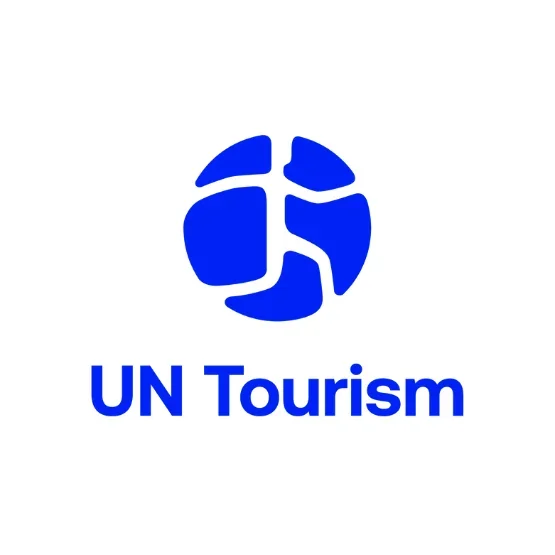
The World Tourism Organization (UNWTO) is a specialized agency of the United Nations, tasked with promoting responsible, sustainable, and universally accessible tourism. Established in 1975, UNWTO plays a pivotal role in advancing global tourism, working with governments, industry stakeholders, and local communities to foster economic growth, cultural exchange, and environmental sustainability through tourism.
UNWTO’s primary mission is to enhance tourism's positive impact on the global economy while ensuring that tourism development is carried out in a sustainable manner. It encourages the adoption of policies and practices that respect both people and the planet, helping destinations and businesses minimize negative environmental effects while maximizing social and economic benefits. Sustainable tourism practices promoted by UNWTO focus on conserving natural and cultural heritage, reducing carbon footprints, and supporting local communities.
As the leading international organization within the tourism industry, UNWTO also serves as a hub for data and research on global tourism trends. It provides valuable insights and statistical resources that help governments and businesses make informed decisions about the development and regulation of the tourism sector. The organization’s initiatives aim to increase tourism’s contribution to achieving the United Nations Sustainable Development Goals (SDGs), particularly in areas like poverty reduction, job creation, and inclusive economic growth.
In addition to promoting sustainability, UNWTO works to ensure that tourism remains accessible to all. It advocates for policies and strategies that remove barriers for people with disabilities, the elderly, and other underserved groups. By making tourism more inclusive, UNWTO helps ensure that the benefits of travel and tourism are shared by all. Through its leadership, expertise, and advocacy, UNWTO is central to shaping the future of global tourism, making it a force for positive change and global cooperation.
